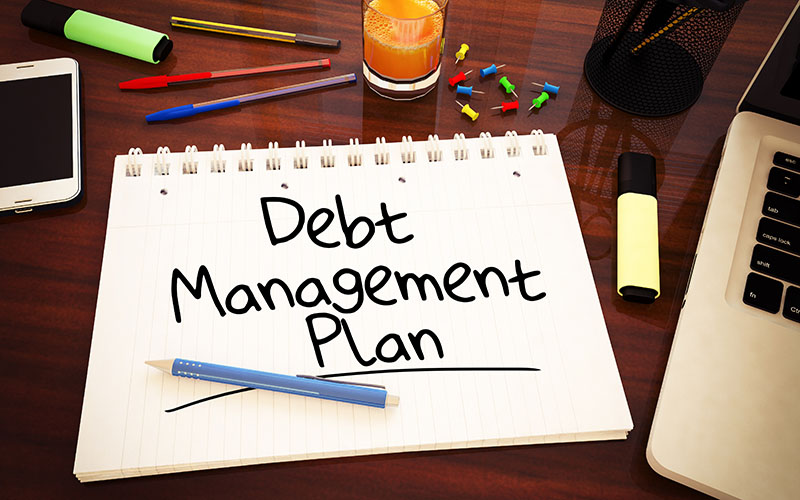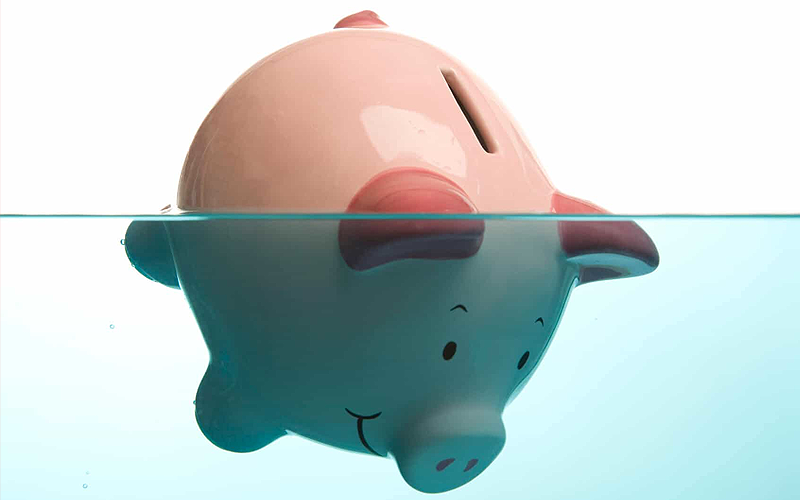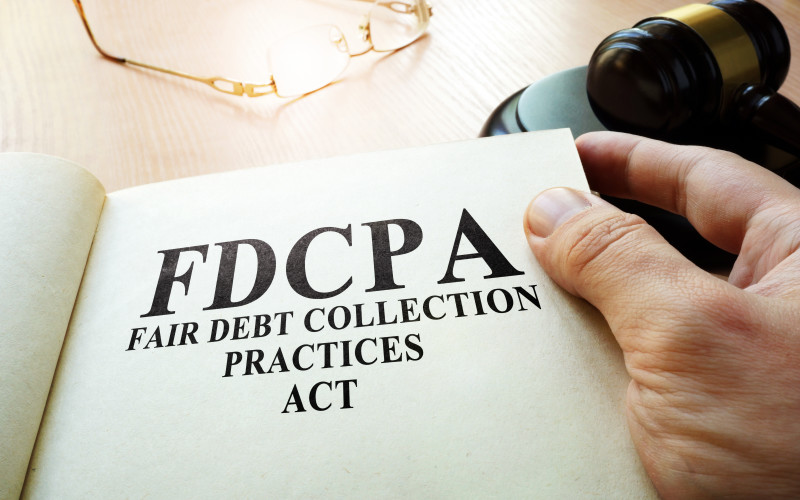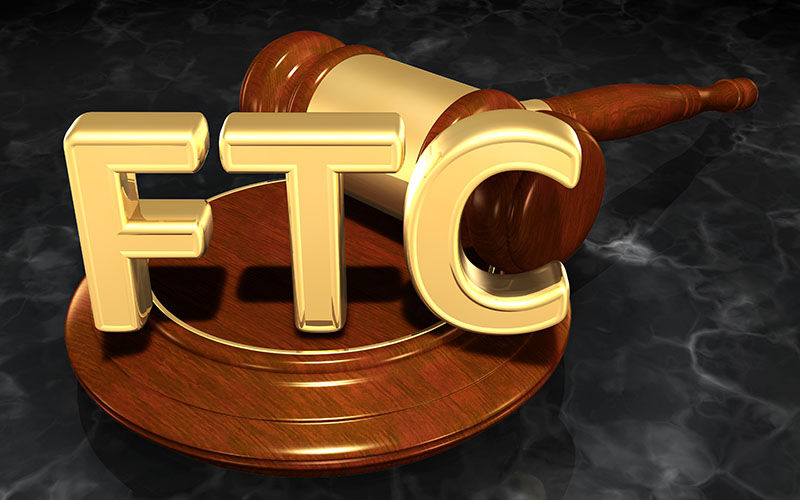The Complete Guide To Debt Management Plans
Key Takeaways
- Debt management plans (DMPs) help consolidate unsecured debts with reduced interest rates into one manageable monthly payment
- DMPs are ideal for individuals with steady income who can pay off debt within three to five years without needing new credit lines
- While DMPs offer benefits like lower interest and fewer collection calls, they also require closing most credit accounts and sticking to strict payment schedules
- Finding a reputable credit counseling agency is crucial to successfully setting up and completing a DMP
- Alternatives to DMPs include debt consolidation, debt settlement, and bankruptcy, depending on the severity of the debt situation

Debt is a problem that affects around 80% of Americans and the average household carries roughly $15,654 of debt. When you are burdened with so much debt, it may seem impossible to find a solution.
Thankfully, you have options. Along with debt consolidation and debt settlement, credit counseling agencies can help you reduce your debts through financial education and a debt management plan.

What Is A Debt Management Plan?
A debt management plan is a program offered through credit counseling agencies that allows you to pay off your debts with reduced interest or payments.
Debt management plans are not loans. Instead, credit counseling agencies work with your creditors to reduce your interest rates and combine your debts into one monthly payment that lasts three to five years. This saves you a large amount of what you normally would have paid in interest and reduces or waives any penalties.
Debt management plans only work with unsecured debt like credit cards and medical bills. Certain debt (such as student loans and secured debts like car loans and mortgages) are not eligible for debt management plans.
If you ultimately choose to enroll in a debt management plan, you must enroll all qualifying debts.
How Do Debt Management Plans Work?
Once you have contacted a credit counseling agency, they will work with you to get a better understanding of your financial situation and contact your creditors to restructure a monthly repayment plan that works for all parties. Your creditors may reduce your interest rates, monthly payments, and fees, but they usually don't reduce your total balance. All parties must agree on payments that are affordable to you and is based factors like your income versus spending.
Once an agreement is made, the credit counseling agency distributes the agreed amount of funds among your creditors.
Making payments for your debt management plan is crucial. Missing a payment means that your creditors can choose to withdraw from the plan, which results in you having to revert back to your initial high interest rates and fees.
If you enroll in a debt management plan, creditors may require you to close your accounts since you cannot use your credit cards or apply for new credit during your DMP term. However, some creditors allow you to keep one credit card open for basic use or emergencies.
How Do I Know When I Need A Debt Management Plan?
If you can manage your daily life without credit lines and have unsecured debts that you know you can pay off with reduced interest rates, speaking to a credit counselor may be a good option. A debt management plan might be an ideal fit for you if:
- You have a steady stream of income
- You are sure you could pay off the lower-interest debt in five years or less
- You don't need to use or acquire new lines of credit while you are enrolled
- Your debt is around 15% to 49% of your annual income
When Is A Debt Management Plan Not The Right Option?
If your debt is low enough that you can pay it off over time by budgeting, then you probably don't need a debt management plan.
On the other hand, if your debt is so high that you have no hope of paying it off with your current income, you may need to use alternative methods means like debt management, debt consolidation, and debt settlement.
Before making any decisions, schedule a consultation with a credit counselor to go over your options and see if you qualify for a debt management plan.
What Are The Advantages Of A Debt Management Plan?
Debt management plans have a few benefits that include:
- Credit card consolidation without a loan
- Reduced interest rates
- One single monthly payment
- Improved credit score with on-time payments
- No more collection calls
What Are The Disadvantages Of A Debt Management Plan?
While a debt management plan can help you immensely by helping you save money, there are still some disadvantages:
- During the three to five year period you are enrolled in a debt management plan, you will not be able to use your credit cards or receive any new credit lines.
- You will probably be required to close all your credit accounts so you can't make any more purchases and further increase your debt. However, some DMPs allow you to keep one credit line open in case of an emergency.
- You may have so much debt that even with reduced payments it will be impossible to pay it back with your annual salary. In this case, you may want to consider other routes like debt consolidation or debt settlement.
- Debt management plans can't be used for student loans or tax payments.
- Medical debt may or may not be included in DMPs.
- Only around 10% to 20% of consumers at credit counseling agencies end up with a debt management plan, but only around 50% to 70% of those enrolled end up completing it.
How Do I Find A Credit Counseling Agency?
In order to find the best credit counseling agency, you will have to do a bit of research. There are a few important factors to keep in mind when looking for a reputable service:
- There are two types of credit counseling agencies: for-profit and non-profit. The difference between for-profit and non-profit organizations are based on their how they are funded, tax filing status, state, and paperwork. For-profit agencies often offer more services in addition to budgeting and debt management. Some of these include debt consolidation, debt settlement, and bankruptcy assistance. Non-profit agencies (like Consolidated Credit usually provide more services for basic needs like budgeting, financial education, foreclosure prevention, and pre-bankruptcy counseling. Although they still work hard for their clients, they may be funded by creditors, which can make it harder to negotiate reduced interest rates. While many non-profit agencies may not have the resources to reduce your interest rates, they can instead make the loan term longer so you have reduced payments.
- Work with accredited agencies. Many credit counseling agencies are members of the National Foundation for Credit Counseling and the Financial Counseling Association of America, which means they are certified and have qualified counselors.
- Contact credit counseling agencies in your area and ask for information. They should provide information about their services for free without requiring any information regarding your finances.
- Check listings on the BBB to find out if they are accredited and what real customers are saying about them.
- You can check with your state Attorney General's office to see if the agency is licensed.
- Find out what the fees are before you sign up. These depend on the individual agency and the state you live in.
- Speak to credit counseling agencies about your financial situation and pursue those that will consider other options. Don't feel obligated to pursue a debt management plan without looking at other alternatives.
- Look for credit counseling agencies with counselors trained in debt management and consumer credit to help you find a solution for your debt and assist you with budgeting.
What Happens After I Find A Credit Counseling Agency?
Once you have found a credit counseling agency and met with a credit counselor, you will be asked to provide the following information:
- Financial information regarding your income
- Monthly expenses
- Assets
- Information on your debts like interest rates, monthly payments, loan paperwork (if possible), and your creditors and their contact information (which can be obtained on your credit reports)
During your consultation, your credit counselor does a soft pull on your credit report (which does not affect it in any way) to check your standing with creditors. They may also suggest budgeting techniques and offer educational tools to be used in the future.
Once your credit counselor has done an in-depth review of your financial situation, they will go over your options with you. If you choose to enroll in a debt management plan, your credit counselor will contact your creditors to negotiate lower interest rates and a new payment schedule. Your new payment is based on how much you have left after your basic monthly costs like rent, groceries, utilities, and bills. The amount left over will be split amongst your creditors.
You are not obligated to commit to a debt settlement plan, so make sure to take some time to think about all your options before accepting one.
If you ultimately choose to enroll, read through to contract carefully and make sure any verbal agreements made with your agency and creditors are also in writing.
Your counselor will verify your bank account information to have an automatic monthly payment drafted. This agreement is sent to you via regular mail or email, and once it is signed and returned, your DMP is put into action.
You may pay a small one-time setup fee and a monthly maintenance fee, but you should not have to pay any application, membership, upfront, or per-creditor fees.
While enrolled, make sure to make on-time payments to the credit counseling agency and check to see that the agency is distributing your funds as outlined by your agreement. You should receive monthly correspondence from your creditors and credit counseling agency that allows you to double check this.
If one of your debts is completely paid off before your others, your monthly payment remains the same and the extra amount is distributed among your creditors. DMPs allow you to pay off your debts early without a prepayment penalty.

What Are Some Alternatives To Debt Management Plans?
Debt management plans aren't for everyone. Aside from the time commitment and the lack of credit lines, they also do not cover student loan and medical debt. Other debt relief alternatives to DMPs include:
- Debt consolidation: Debt consolidation lets you combine all your unsecured debt (medical debt and student loans included) into one lower-interest debt. You can also keep your credit lines open in case you need them for an emergency. And if you have bad credit, you can still find a debt consolidation loan.
- Debt settlement: This allows your debts to be negotiated with a payment to reduce the overall amount before it is paid off with a lump sum. Because you do not pay your debts off fully, it does damage your credit score. You can do this on your own or enlist the help of a reputable debt settlement company.
- Bankruptcy: This should be a last-ditch effort to rid yourself of debt. If your debt is over half of your annual income, it can give you a fresh start financially but it will greatly damage your credit score.
Can I use my credit cards if I enroll in a DMP?
Most debt management plans require you to close all of your credit lines in order to prevent more debt. However, some programs allow you to keep one credit line open in case of emergencies, business expenses, or travel.
Does a debt management plan impact my credit?
Most forms of debt relief affect your credit to varying degrees. However, your credit score should not be severely impacted if you are making on-time payments.
Do I have to enroll all my debt into a debt management program?
All of your unsecured debt (except for medical bills and student loans) must be enrolled in your debt management plan.
Can I sign up online?
Even though you can sign up online, you must speak with a credit counselor first to find out if you qualify for a debt management plan.
What are the fees for a debt management plan?
Non-profit organizations normally charge a setup fee (with an industry average around $75, although it varies by state) and around $25 to $55 a month.
What kinds of debt can be included?
Most unsecured debt can be enrolled. This includes credit cards, medical bills, utilities, rent, cell phone plans, and possible installment contracts.
Anything backed by collateral (like an auto loan or mortgage) is a secured debt, which is not eligible for debt management plans.
Will my creditors still contact me when I'm enrolled in a debt management plan?
Creditors should stop calling you once you are enrolled in a DMP, but they will continue sending you statements. These are important since you can compare these statements with the ones from your credit counseling service.
What are the privacy policies of these credit counseling services?
Reputable credit counseling companies keep your personal information confidential. You should be able to check the company's privacy policy and choose to opt out if they share your information.
How do creditors find out if I join a debt management program?
Credit counseling agencies will inform all of your creditors once you join a debt management plan.
What if a creditor doesn't want to agree to my debt management plan's terms?
If a creditor decides not to agree to your DMP terms, the original interest rates and terms remain the same for that debt.
What should I do if I can't make the payments?
If you run into some hard times during the time you are enrolled in your debt management plan, contact your credit counseling agency immediately to work out a solution and change your payments.
What should I do if my credit counseling agency closes?
There are a few steps to take in the case this happens:
- Contact your bank immediately and stop all payments to your credit counseling agency.
- Talk to your creditors and ask if you should continue your payments.
- Check your latest credit report and verify that your payments were sent to creditors.
- If they were not sent and there are some negative items on your credit report, you may want to contact a credit repair company to dispute them.
- You may want to contact another reputable credit counseling agency to speak to your creditors and rectify the situation.
Edited by:
Bryan Huynh
•
Product Tester & Writer











